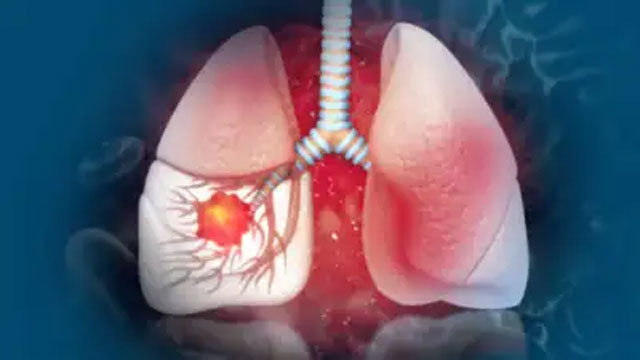Daijiworld Media Network- Mumbai
Mumbai, Aug 29: Secondhand smoke, also called passive smoke or environmental tobacco smoke, has emerged as a serious health hazard with a direct link to lung cancer among non-smokers.
Experts warn that exposure to this toxic mix of mainstream smoke exhaled by smokers and sidestream smoke from burning tobacco can significantly increase cancer risk.
Containing over 7,000 chemicals, including nearly 70 carcinogens, secondhand smoke lingers in the air and on surfaces, making indoor spaces unsafe even after a cigarette has been extinguished. This residual exposure, referred to as thirdhand smoke, has been found to damage DNA and further heighten the risk of cancer.

Studies indicate that non-smokers exposed to secondhand smoke face a 24 percent higher risk of lung cancer. The danger increases with the intensity and duration of exposure, often occurring in homes, workplaces and public areas. Workplace exposure is reported to be particularly high.
Certain groups remain especially vulnerable. Pregnant women exposed to secondhand smoke face higher risks of stillbirth, premature birth and other complications. Children are at risk of sudden infant death syndrome (SIDS), asthma, pneumonia, bronchitis and even childhood cancers such as leukemia and brain tumors. Adults with respiratory conditions like asthma or COPD are likely to experience worsened symptoms, while even healthy non-smokers face the danger of heart disease, lung disorders and cancer.
In recent years, heated tobacco products, e-cigarettes and nicotine pouches have also raised concern. Though marketed as safer alternatives, early evidence suggests they too contribute to lung and heart problems across age groups.
Health experts stress the importance of creating smoke-free environments by banning smoking indoors, advocating workplace policies, and raising public awareness. Quitting tobacco altogether remains the most effective way to protect both smokers and non-smokers.